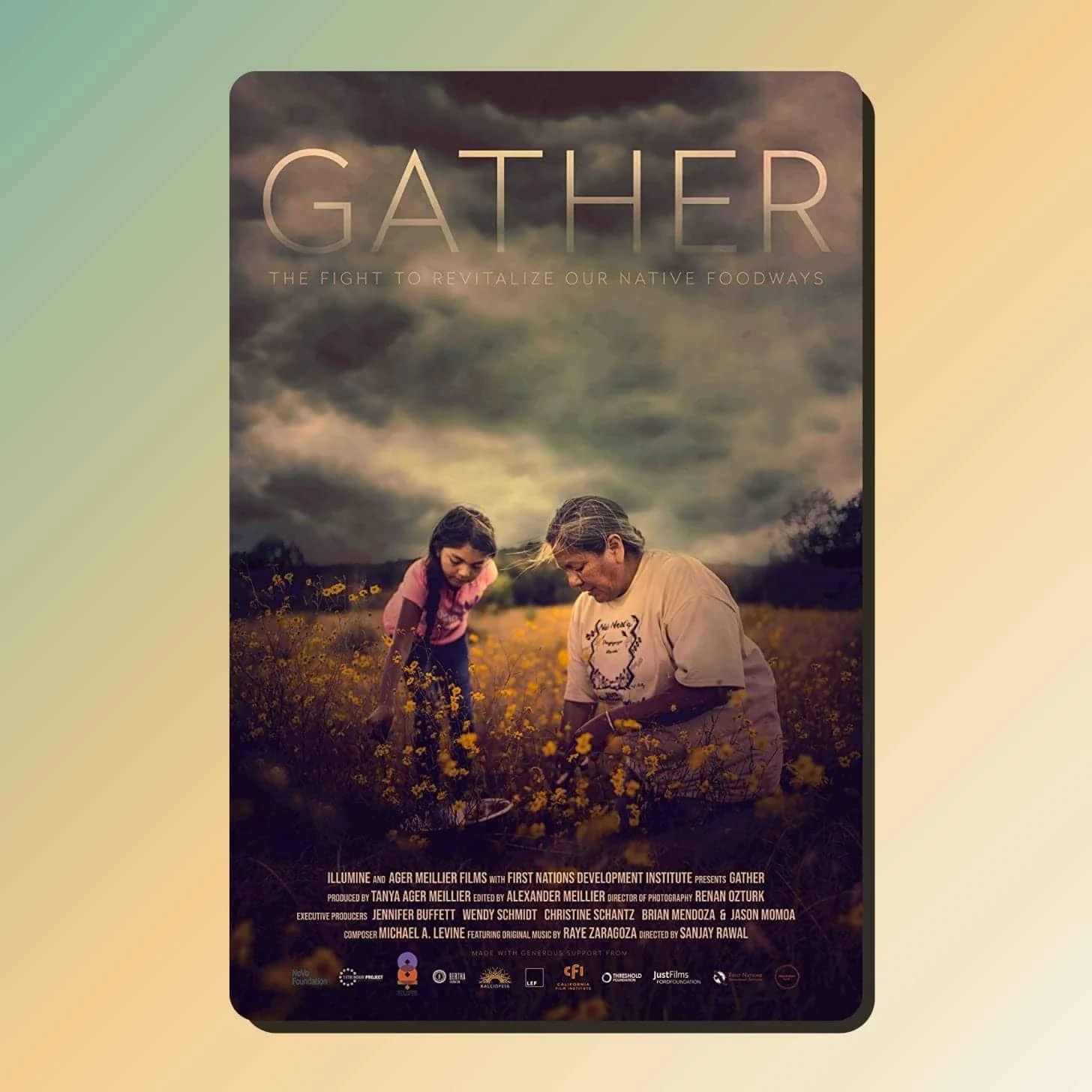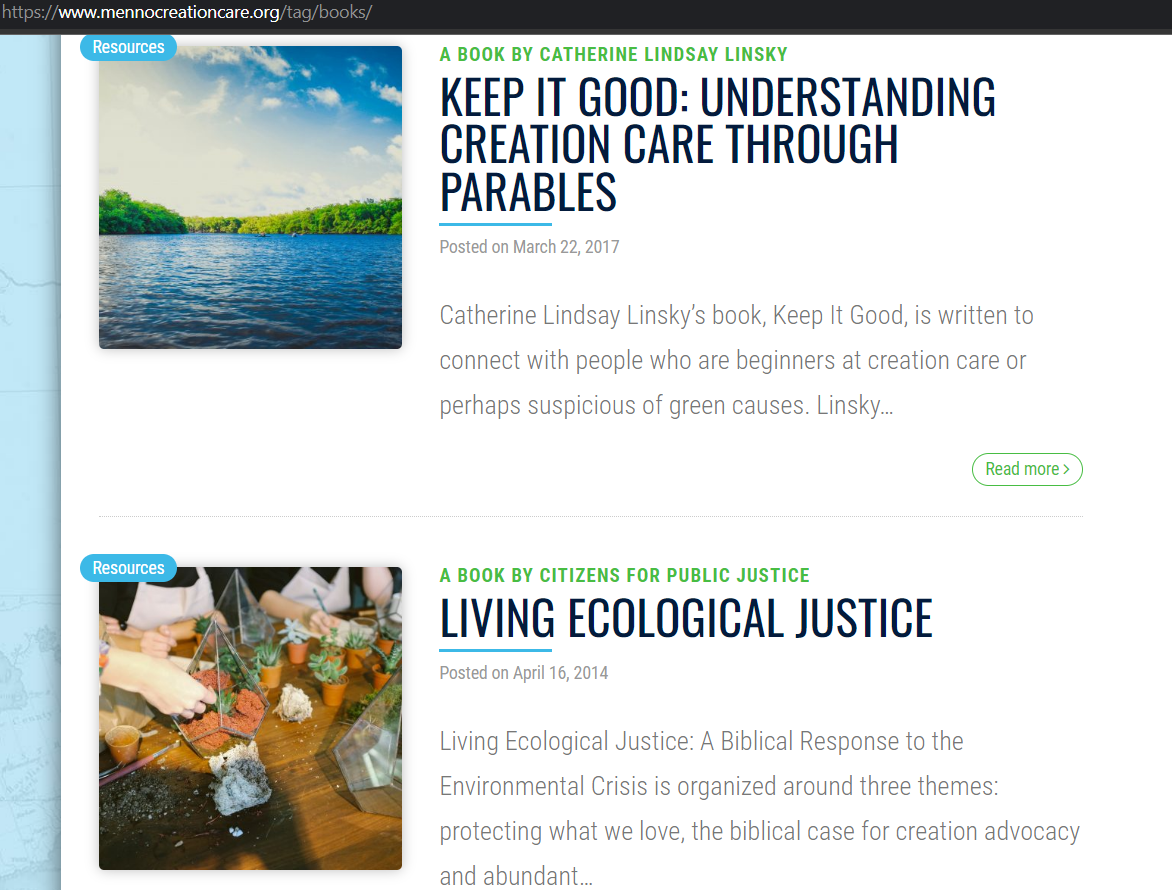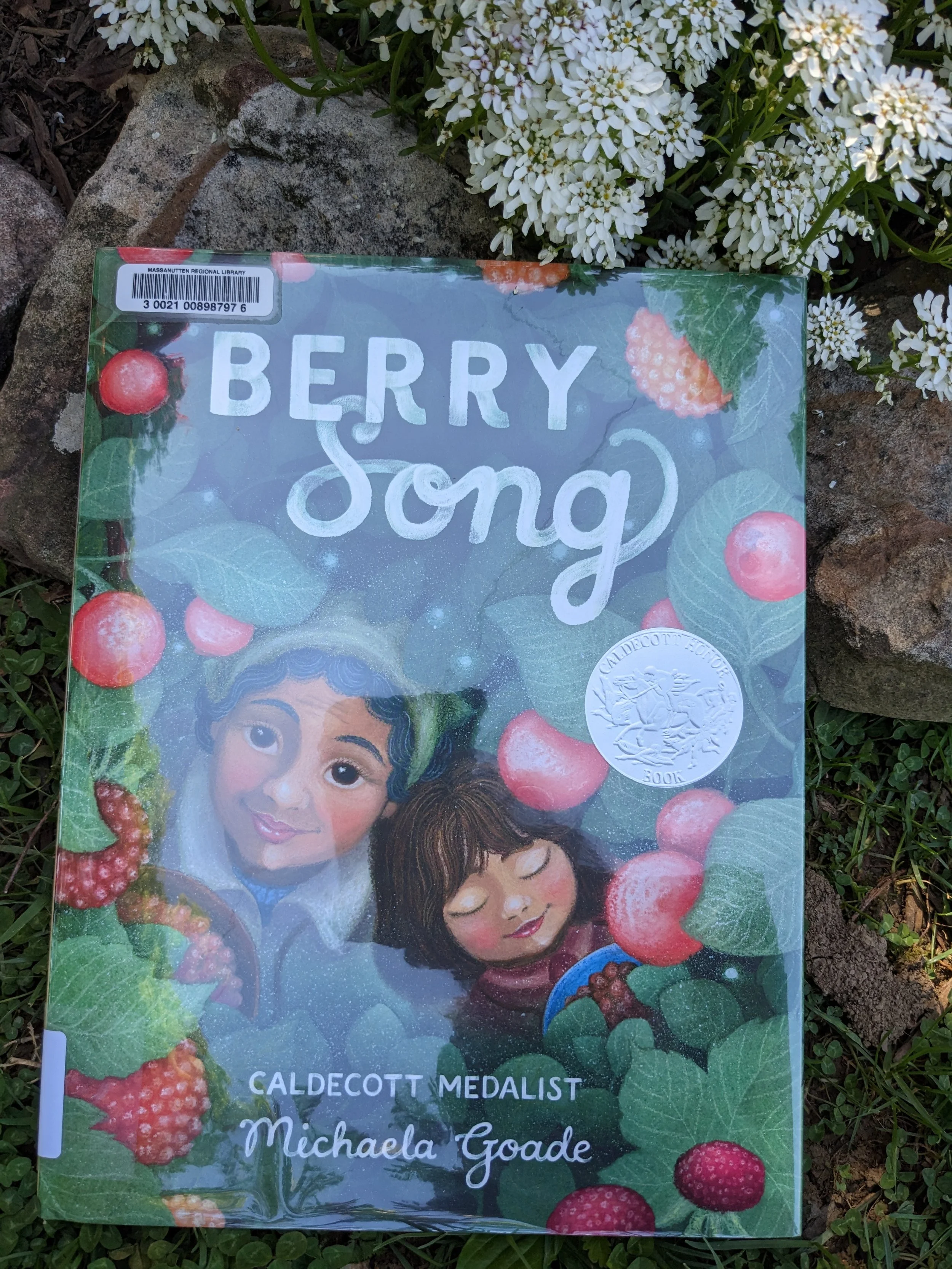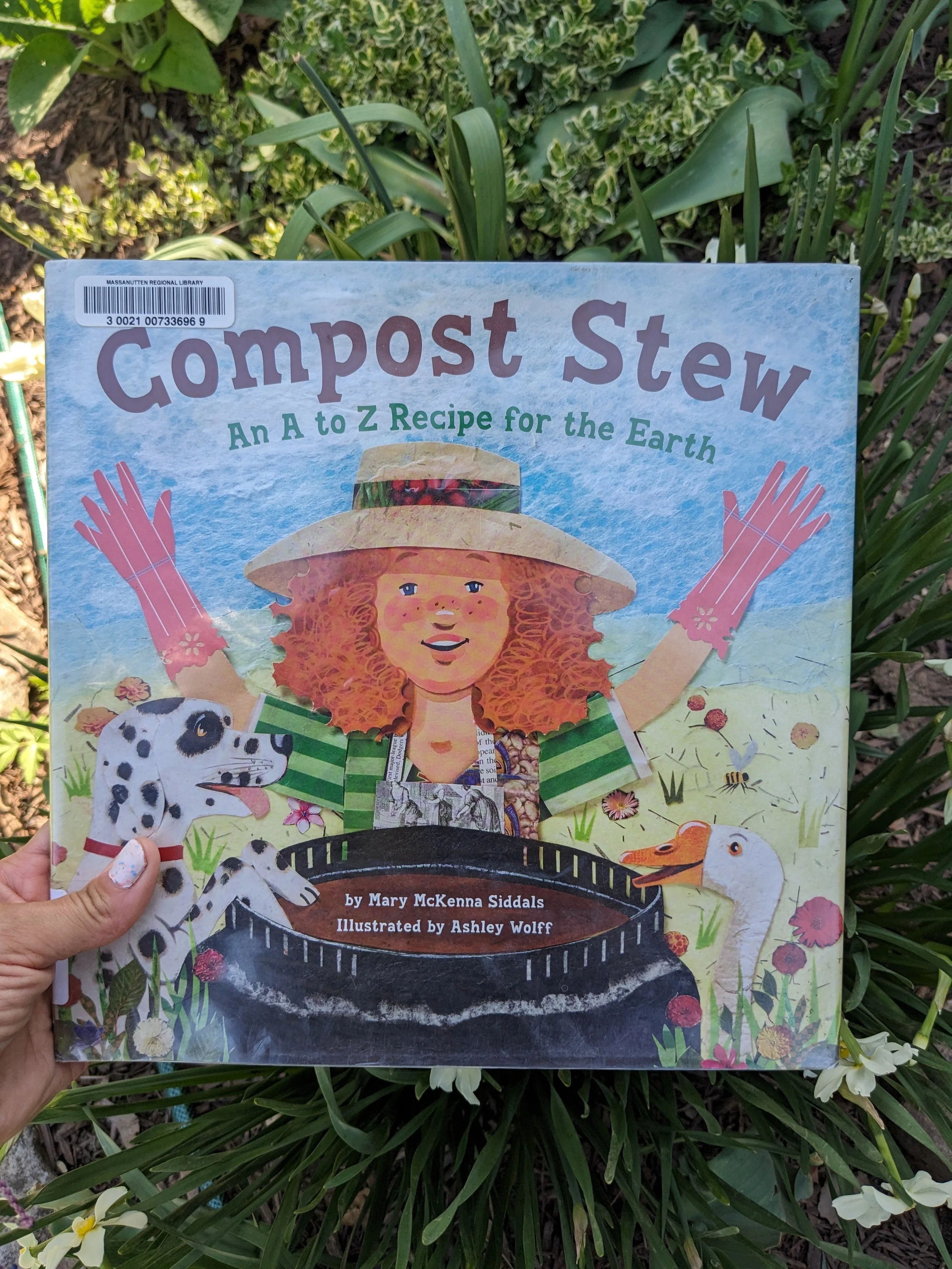Invitations for Earth Day
When I was growing up in a non-denominational evangelical church, I was taught that Earth Day was heretical, something Christians should avoid celebrating because it was secular science and laughable. My family of origin had always respected the earth, taught us to be deeply rooted in nature, and admired the way Indigenous people cared for the world. Their view at the time was considered “new age, liberal or secular,” and I dutifully avoided films like Happy Feet because they talked about global warming. I distinctly remember one of my mentors saying why he didn’t mind using Styrofoam cups: “It’s all going to burn up when Jesus comes back anyway.”
It wasn’t until college I learned that there were believers who felt creation care was a Scriptural mandate. It was even later that I learned that creation care could be seen as an ethical mandate to love our neighbors most affected by climate change and environmental issues. Over the years, I do feel like the church has deepened its understanding of and commitment to creation care and stewardship, but there is so much work to be done.
Saturday, April 22 is Earth Day this year. Celebrated in the U.S. since 1970 and globally since 1990, it is a day to highlight environmental concerns and also ways we can join with others to fight for a better future.
Maybe, you’re like me, and celebrating Earth Day (or creation care in general) feels like The Great Community Give did yesterday: inspiring, diverse in possibilities, and so overwhelming it’s easier to do nothing than to engage with that much information.
My hope is that this post could be a bookmarked page of sorts, a reference you could go back to if you wanted to learn more, or that it could be a starting place for you choose 1 or 2 ways to take action this spring. Here are ten invitations to consider together as a family of faith:
1. If you only have time for one read, I’d recommend reading this short-and-sweet one: https://biologos.org/post/spiritual-practices-for-earth-day-and-beyond
The six postures Christians can take from lament to delight offer a place to start responding to what seems like an insurmountable task to heal our earth.
2. Watch something that stirs and inspires hope over despair: I’d recommend Kiss the Ground, Biggest Little Farm or Gather. Only have ten minutes? Patagonia has a brilliant short film called Remothering the Land that highlights regenerative farming practices, especially those of BIPOC community leaders.
3. Listen To New Songs: I am a huge fan of everything The Porter’s Gate puts out, and the album Climate Vigil Songs is no exception. These songs invite the church to think and sing about climate change and our role as God’s children in doing something about it.
4. Read a book this year about Creation Care, ideally one from a Jesus-follower perspective plus another from a different world view: Mennonite Creation Care network has a great resource page, and Hearts and Minds bookstore has an extensive list of books old and new that expand on creation care and justice. A book that wrecked me with its poetry, not-very-flattering view of Christian perspectives on the earth, and its invitation to new-old ways to relate to the natural world is Braiding Sweetgrass.
5. Join with a group to discuss and dream about ways the Good News can extend to our world. Mennonite Creation Care Network created a curriculum for small groups that’s completely free and comprehensive. At our previous church, my friend Julie lead our discipleship community/Sunday school class of young adults through the study, and it was fascinating, practical and lively!
6. Accept a challenge! I for one am motivated by checklists and challenges. They make me feel less overwhelmed, and I can celebrate small victories. Earthday.org has a challenge of 52 actions for our planet, some individual, many collective. It would be a fun way to engage with a group or family to see how many you could do in a year!
7. Learn one way Indigenous Leaders are on the frontlines of creation care: If you wanted a place to start, try reading about the experiences of Indigenous Environmentalists, sharing a kids’ book about The Water Protectors, or listening to/watching a conversation with Native American Christian leaders.
8. Empower a Young Activist: My daughter received the book Love the Earth for Christmas, and I was surprised at how well-done it was. It includes facts, action steps, profiles of young activists, suggestions for dealing with anxiety and sadness about climate change and more. My ten-year-old was distraught at reading some of the facts, and we talked about doing something as a way of fighting back powerlessness. She started a Climate Changers club at her school, and just this week got permission from her principal to begin a compost project (just fourth grade this year and maybe whole school later). I had to step back and squash my doubts about them getting very far or my desire to rescue with a lot of help, and I was astonished by what they came up with together.
9. Explore the local library and find beautiful books to stir kids imaginations about creation care: There are hundreds of wonderful choices for kids books and lists upon lists for Earth Day, so I won’t try and list them all here. Instead, here are a few books our family has enjoyed recently:
This book is absolutely gorgeous and is rooted in the warmth and generosity of a multigenerational Indigenous family celebrating reciprocity with the land and others.
Our family has been delighting in learning more about foraging from folks like The Black Forager, and have had the joy of sharing dandelion fritters, redbud jelly, and sugared violets with friends.
Collage + composting + rhyming verse?! Be still, my heart!
10. Find ways to engage locally with beautiful works of stewardship and justice:
Here in Harrisonburg, we have some amazing opportunities to see ways faith, justice, creation care and community action meet. Consider learning about one of these:
Jubilee Climate Farm- Refugee and immigrant leaders (including our friend Teame!) join New Community Project/Vine and Fig to sequester carbon and joyfully work toward better ways of relating to the land and people
A MUST EXPLORE for IMC folks, this Story Map from JMU students maps access to food, food justice and food sovereignty within our community, highlighting our church neighborhood on the Northeast side of the city and its challenges as well as ways like foraging and community gardens that could make a difference
Shenandoah Bicycle Coalition is working to educate, create, collaborate, and advocate for cycling in our community, adding joy and justice to the Valley
I’ll leave you with this prayer from Byron Forester from a Liturgy for Earth Day:
“Prayers of the People:
Holy Spirit, you have given us an inner being that longs to be connected with you. We are drawn to leave the concrete and pavement to walk on the earth, to ride the wild rivers, and breathe the clean air. We long for an open place where our eyes take in the full sky and behold the canopy of the universe. We look into the stars and imagine what other forms of creation might be out there and wonder how you reveal yourself to them.
O Lord, we glorify your creation in psalms, poems, music, paintings, and photography. But we live as if creation is disposable, and we turn away from the reality that someday psalms, poems, music, paintings, and photos will be the only evidence that there was ever an earth that was pure. When you willed humankind into existence in your divine image the very first words you spoke to humans were the instructions to have dominion over the earth. Dominion. Not domination.
Loving God, you have blessed humans with the ability to think, to reason, to develop ideas. Inspire us, Lord, and help us inspire others to use our intelligence to develop alternatives to what we are doing, help us find a way to live that does not require draining all our resources to sustain it. Move us to an appreciation of what we have been given and to take to heart our responsibility to care for this gift. When we defer our responsibility as stewards of the earth, we also deny our connection with the earth, and we deny our connection with each other. We deny our connection with you.
Eternal God, it is from you that all blessings flow. May those blessings flow upon us as clean rain that nourishes the earth and produces wondrous abundance. May we, in turn, bless others till all creation exists in your grace and that you will forever look at it and call it good.
In the name of the Triune God we pray. Amen.”





















